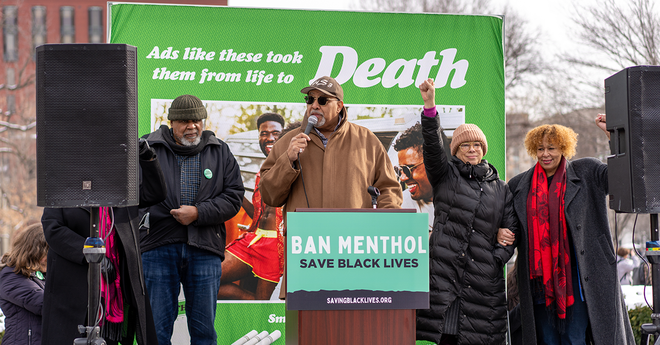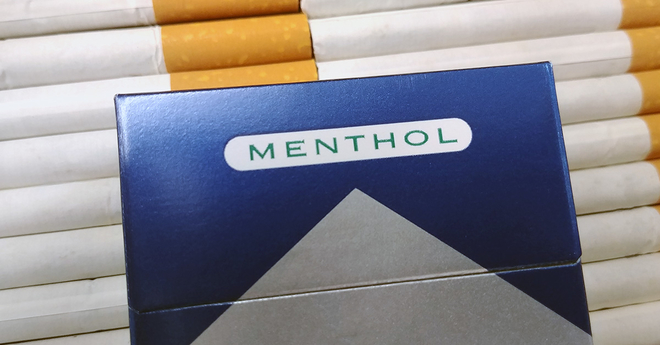Young adult cigar smoking trends underscore the need for flavor regulations
Although fewer young people are smoking cigarettes these days, cigar smoking is increasing among youth and young adults.
Cigars include a range of products, from large traditional cigars to little cigars and cigarillos (LCCs), many of which come in flavored varieties. To better understand the market and usage pattern for each type of cigar, from 2011 to 2015 Truth Initiative® researchers surveyed more than 26,000 people between the ages of 18 and 35. Researchers asked participants if they used traditional cigars and LCCs in the last 30 days and, if so, what flavor.
47%
47% of past-month cigar smokers preferred flavored products
The results, published in Tobacco Regulatory Science, show that almost half—47 percent—of cigar smokers preferred to smoke flavored products, and nearly twice as many LCC smokers preferred flavored products compared to traditional cigar smokers. Use of flavored LCCs was more common among younger adults (18-24 years), women and those with less education.
Industry documents show that cigar manufacturers explicitly target young people by adding flavors to make their products more palatable. For example, a 2014 study revealed internal industry studies that confirmed “menthol and candy-like flavors (e.g., vanilla and cherry)” increased the appeal of LCCs to new smokers “by masking the heavy cigar taste, reducing throat irritation and making LCC smoke easier to inhale.”
Researchers found that traditional cigar use was most common among male and Hispanic respondents. Conversely, those who preferred little cigars and cigarillos were more likely to be younger (18-24) and black. LCC smokers also smoked the products more often—nearly eight days per month on average, compared to five-and-a-half days a month for traditional cigar smokers.
“Greater frequency of tobacco use may lead to sustained use into adulthood and subsequent negative health effects,” said Allison M. Glasser, senior project manager at the Schroeder Institute® for Tobacco Research and Policy Studies.
Flavored cigar smokers were also more likely to use multiple tobacco products (poly-use). “Poly tobacco users are at risk for increased nicotine dependence due to increased nicotine exposure,” Glasser said. “The popularity of cigars among poly tobacco users could be related to the products’ similarities to cigarettes or their availability as cheaper products sold in smaller units than cigarettes.”
Evidence also shows that tobacco companies manufacture LCCs to resemble cigarettes. Last year, four tobacco manufacturers received warnings from the Food and Drug Administration for illegally selling flavored products labeled as LCCs that the agency says are actually cigarettes.
“This study supports closing those regulatory loopholes by standardizing cigar products through the creation of a tax parity with cigarettes and requiring minimum packaging, in addition to a flavor ban,” Glasser said.
The FDA’s 2009 Family Smoking Prevention and Tobacco Control Act banned characterizing flavors, except menthol, in cigarettes. It did not address flavors in any other tobacco products. Truth Initiative has repeatedly called on the FDA to issue a rule banning the sale of all flavored tobacco products.
Key takeaways
47% of past-month cigar smokers preferred flavored products
Almost twice as many LCC smokers preferred flavored products compared with traditional cigar smokers
Number of days in the last month that LCC smokers smoked their products
Number of days in the last month that traditional cigar smokers smoked their products
More in traditional tobacco products
Want support quitting? Join EX Program
By clicking JOIN, you agree to the Terms, Text Message Terms and Privacy Policy.
Msg&Data rates may apply; msgs are automated.



